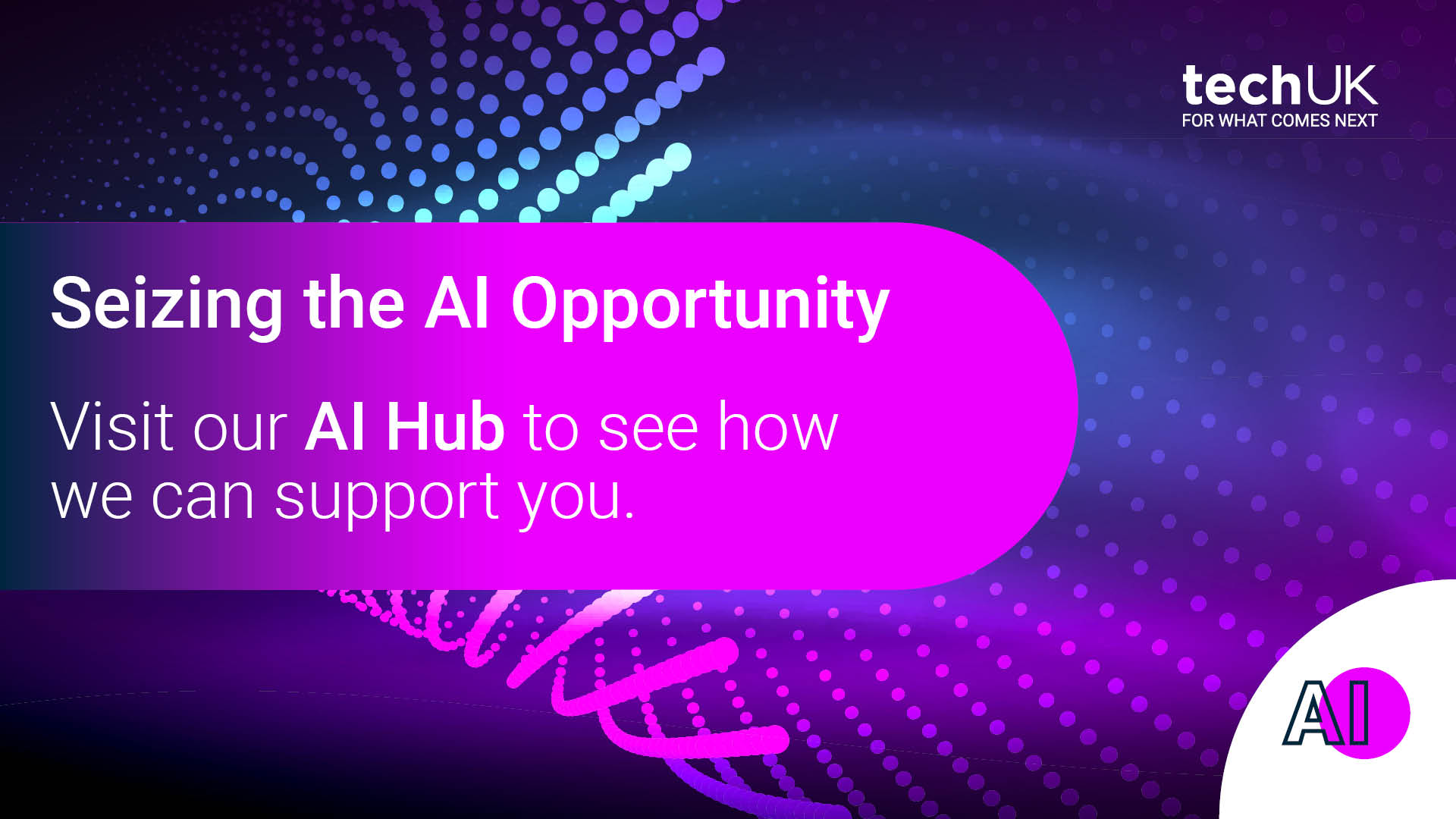Guest blog (AtkinsRéalis): how can AI bring happiness to our work?
Happiness, Ikigai, and AI
We are happiest in our tasks when we feel that our output is valuable, when we can be creative or challenged with complex puzzles, and when we work well with the people around us. There are numerous models for how happiness can be categorised, one of which is Ikigai, a Japanese concept in which happiness is seen as a result of four categories: doing what you love, doing what you are good at, doing what the world needs, and doing what you can be paid for. Theoretically your career should offer you all four of these elements – AI is one of the routes to make this more true.
A much-hyped fear-of-the-moment around AI in the media is the impact on professionals, the fear that an individual’s value is being removed in favour of content created through text-based requests in Generative AI.
However, if we flip that view to consider the many other forms of artificial intelligence currently in use, opportunities quickly become apparent for an individual to become more creative rather than less. A professional with AI at their disposal has more time for greater specialist work and fewer drudge tasks (increasing the feeling of ‘doing what you love’), application of their most detailed skillsets (increasing the feeling of ‘doing what you are good at’), an opportunity to focus on optimising their results (‘doing what the world needs’), and critically, the ability to do all of this rapidly and therefore cost-effectively (‘doing what you can be paid for’). AI is achieving this right now across a range of professions.
An immediate example applicable to a wide range of professions, but picked out here in ecology, is the ability to automatically identify points of interest on photo, video or audio recordings. Ecologists rely heavily on this footage to evidence the presence of species. Watching the footage, however, frequently results in a lengthy task, as you scrutinize a mesmeric b-roll of film triggered by leaves rustling in the wind, without any fauna in sight. This is both expensive, tedious, and delays action to design a positive impact for the subjects.
To avoid this, at AtkinsRéalis we have introduced AI in the form of a deep learning YOLO v5 neural network. The power of GPU computation means the solution can process many days of video footage within a few hours, successfully identifying all instances of wildlife. This automation yields a ten-fold increase in productivity for ecologists who are freed from performing the process manually. For an individual ecologist, this now means their time can be redirected to expert intervention design, utilising all of their expertise and creative skill rather than simply staring at footage. Their role becomes more interesting, more challenging and, as their time is not ‘lost’ on the initial phases of finding the species, they can join the rest of the project team more rapidly – offering their information at an earlier stage and therefore getting the satisfaction of having their views taken into account in as streamlined a way as possible.
This last point, of a project or programme team working well together, is another reason to look to AI for a source of future individual happiness. A complex infrastructure project in design, construction, or operation phases requires a small army of people, each working on a particular specialist area. Bringing these individuals together, blending their timelines, interdependencies
and even vernacular, is a constant task throughout a project lifecycle. Delays in one specialism can throw everything off and produce plenty of stress all around. Here, AI can give us a stressbusting power-up to our ability to estimate risk, by providing a way for planners on large complex construction projects to proactively prioritise activities based on project risk, and to gain a better understanding of overall project schedule health.
At AtkinsRéalis, we put this into practice by embedding a predictive analytics solution into our PMO suite. Machine learning is used to predict the likelihood of task delay and impact on project critical paths, and models have inbuilt retraining programmed to respond to performance drifts. And these tools are put directly into the hands of our programme professionals; Large Language Models (LLMs) enable planners to use natural language to query project data and automatically return intuitive results in a format that works best for them. That’s an instance of Ikigai improvement both for the planners and for the rest of the project; they can all be confident that their specialist tasks (which they love and are good at) will be blended in the most optimal way to achieve the best result for the overall programme (to ensure they’re producing a result the world needs, while also staying in budget). And there’s far less stress, thanks to the enhanced ability to foresee and manage risk.
So, how can you ensure that AI is implemented to produce happiness in every case? Firstly, by considering the strategic goals of your AI before implementing, and the specific results you want to obtain, with a view to the end users’ needs. In both examples discussed above, our AI professionals worked closely with the relevant teams to ensure the AI concept worked for them and would scale effectively. Ikigai might be a way to open that discussion, but perhaps we take a particularly mirrored conclusion here, and think of simply applying human intelligence as a pre-requisite to artificial intelligence. Either way, happy trails!
techUK - Seizing the AI Opportunity
The UK is a global leader in AI innovation, development and adoption.
AI has the potential to boost UK GDP by £550 billion by 2035, making adoption an urgent economic priority. techUK and our members are committed to working with the Government to turn the AI Opportunities Action Plan into reality. Together we can ensure the UK seizes the opportunities presented by AI technology and continues to be a world leader in AI development.
Get involved: techUK runs a busy calendar of activities including events, reports, and insights to demonstrate some of the most significant AI opportunities for the UK. Our AI Hub is where you will find details of all upcoming activity. We also send a monthly AI newsletter which you can subscribe to here.
Upcoming AI Events
Latest news and insights
Subscribe to our AI newsletter
AI and Data Analytics updates
Sign-up to our monthly newsletter to get the latest updates and opportunities from our AI and Data Analytics Programme straight to your inbox.
Contact the team
Visit our AI Hub - the home of all our AI content:

Enquire about membership:











